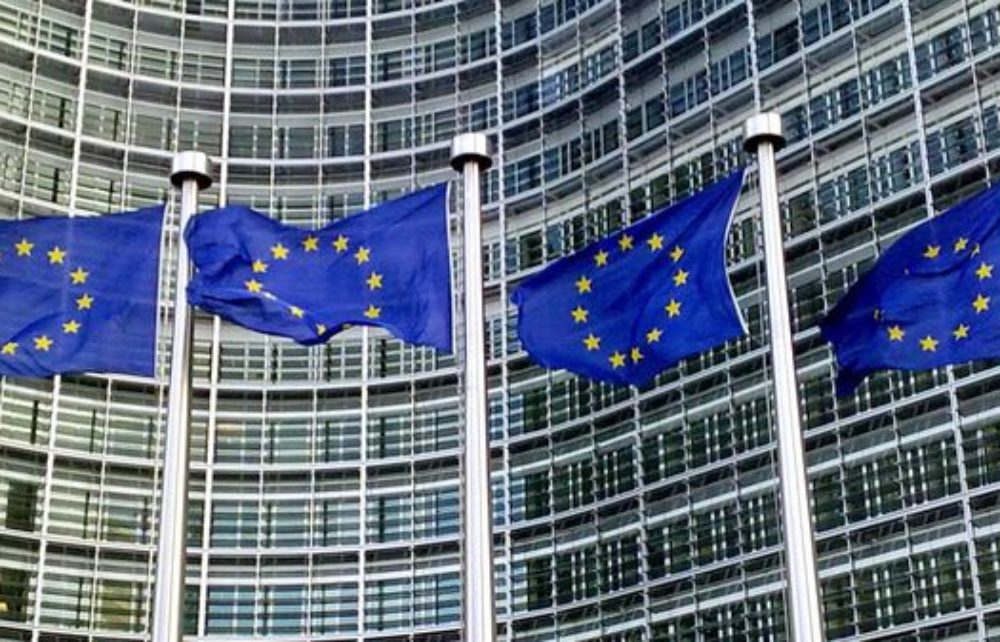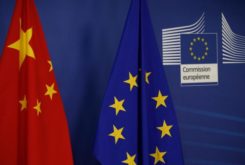By: Jessica Ferreira
European imports from China could be restricted by a new export control framework, following the implementation of tariffs and restrictions by the US on Chinese entities and imports, according to a report by MERICS.
As European imports of Chinese-made electric vehicles (EV) reached 460.000 EVs shipped to the continent in 2023, and accompanied by a redoubling of Chinese efforts to increase sales, the European Union (EU) is now set on redefining its strategic interests and devising appropriate measures to uphold technological sovereignty in the field of critical technologies.
The expectations, the Mercator Institute for China Studies (MERICS) adds, are that curbs on quantum, artificial intelligence and biotechnologies will follow, as the challenge originates from China’s rapid rise to technological prowess and the stalemate in multilateral export regimes.
However, even if the EU were to identify Chinese companies as posing a threat, the EU does not usually blacklist specific entities from buying components in Europe, unless they are clearly violating European regulations.
According to MERICS, the EU will most likely have to resort to export restrictions on specific components, which will require careful monitoring and frequent updating of Chinese developments in quantum technology.
At the same time, universities, which lead Europe’s quantum research, have proved reluctant to limit or even discuss limits to international collaboration in such areas of basic research.
“The EU should publish a summary of its investigation, set out a pathway to respond and signal that blacklisting a limited number of Chinese entities will be required in this nascent technology domain”, added Groenewegen-Lau, MERICS Head of Program Science, Technology and Innovation.




